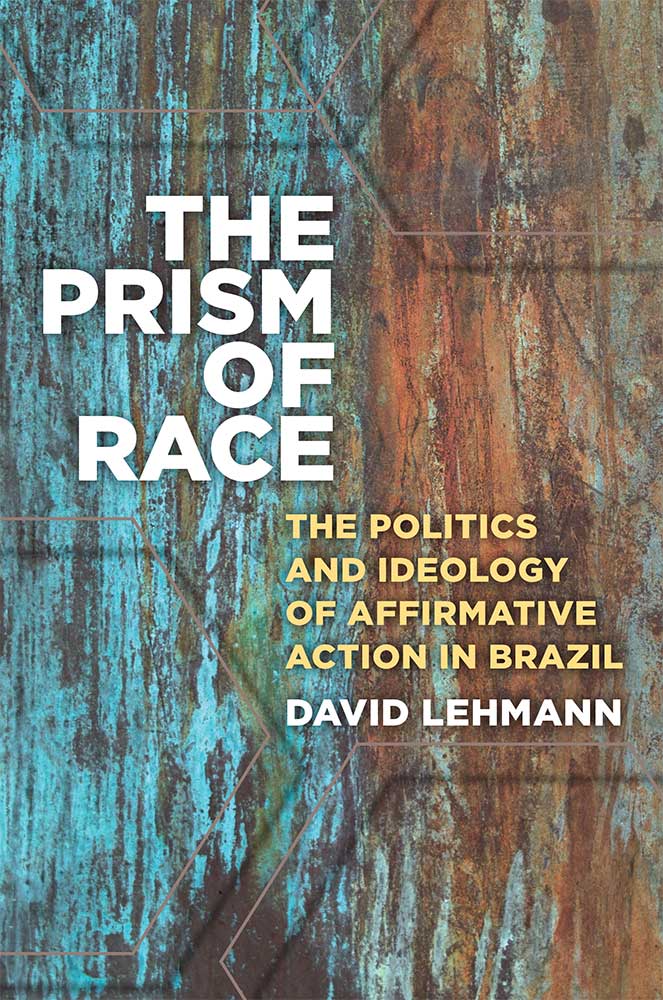The Prism of Race: The Politics and Ideology of Affirmative Action in BrazilPosted in Books, Brazil, Campus Life, Caribbean/Latin America, Media Archive, Monographs, Politics/Public Policy, Social Science on 2019-05-26 02:04Z by Steven |
The Prism of Race: The Politics and Ideology of Affirmative Action in Brazil
University of Michigan Press
2018
272 pages
2 tables
6 x 9
Hardcover ISBN: 978-0-472-13084-9
Ebook ISBN: 978-0-472-12389-6
DOI: 10.3998/mpub.9736376
David Lehmann, Emeritus Reader in Social Science
Cambridge University
Foreword by:
Antonio Sergio Guimarães, Senior Professor of Sociology
University of São Paulo, São Paulo, Brazil
Brazil has developed a distinctive response to the injustices inflicted by the country’s race relations regime. Despite the mixed racial background of most Brazilians, the state recognizes people’s racial classification according to a simple official scheme in which those self-assigned as black, together with “brown” and “indigenous” (preto-pardo-indigena), can qualify for specially allocated resources, most controversially quota places at public universities. Although this quota system has been somewhat successful, many other issues that disproportionately affect the country’s black population remain unresolved, and systemic policies to reduce structural inequality remain off the agenda.
In The Prism of Race, David Lehmann explores, theoretically and practically, issues of race, the state, social movements, and civil society, and then goes beyond these themes to ask whether Brazilian politics will forever circumvent the severe problems facing the society by co-optation and by tinkering with unjust structures. Lehmann disrupts the paradigm of current scholarly thought on Brazil, placing affirmative action disputes in their political and class context, bringing back the concept of state corporatism, and questioning the strength and independence of Brazilian civil society.
Table of Contents
- Foreword
- Preface
- 1. Introduction
- 2. After Durban
- 3. Classification Wars
- 4. Race, Class, and Education in the Search for Social Justice
- 5. The Movimento Negro between State, Civil Society, and Market
- 6. The Campaign and Theories of Social Movements
- Appendix A: Selected Indicators on the Growth of the Brazilian Higher Education System (2003–2014)
- Appendix B: Interviews Carried Out between 2008 and 2014
- Glossary
- Footnotes
- Bibliography
- Index
